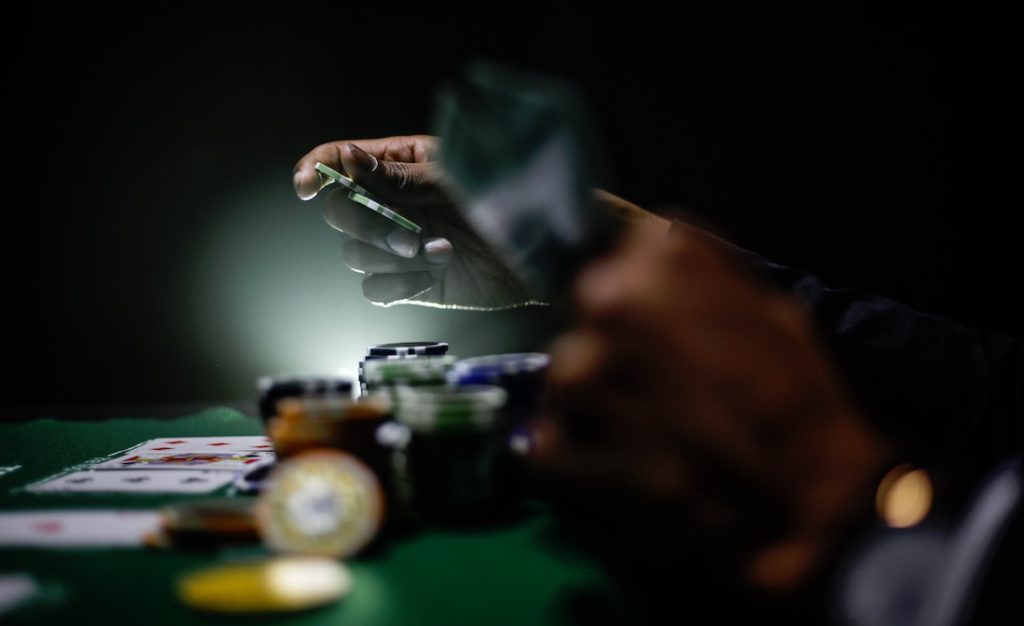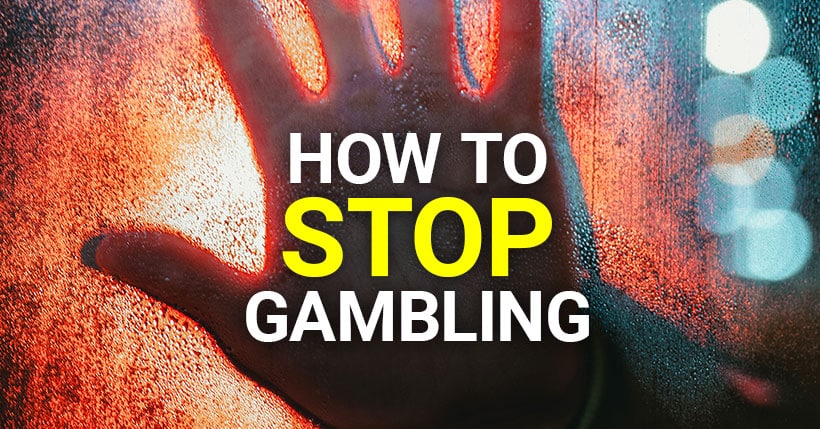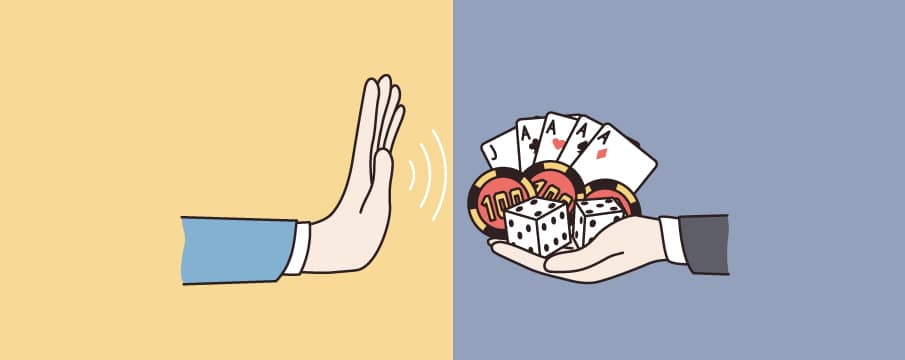How do I quit gambling on my own?
Gambling addiction can be a challenging and overwhelming struggle for many individuals. When overcoming this addiction, quitting gambling alone can be a courageous and empowering decision. In this article, we will explore effective strategies and practical steps to help you break free from the grip of gambling addiction.
Acknowledging the Problem
Recognizing the Signs
The first step towards quitting gambling is acknowledging that you have a problem. Take a moment to reflect on your behavior and assess whether any of the following signs apply to you:
- Increasing frequency and duration of gambling sessions.
- Neglecting personal and professional responsibilities due to gambling.
- Difficulty controlling the urge to gamble.
- Using gambling as a way to escape from stress or negative emotions.
- Chasing losses and accumulating debt.
The Importance of Self-Awareness
Understanding the underlying reasons behind your gambling habits is crucial for successful recovery. Reflect on the triggers that lead you to gamble: boredom, loneliness, or the thrill of risking money. Identifying these triggers will help you develop healthier coping mechanisms to replace gambling.
Creating a Supportive Environment
Seek Support
Quitting gambling alone doesn’t mean you have to face the journey alone. Reach out to your loved ones and let them know about your decision. Their support can provide the encouragement and motivation you need during challenging times. Additionally, consider joining support groups or seeking professional help, such as therapy or counseling.

Restructure Your Surroundings
To aid your recovery, removing any gambling-related temptations from your environment is essential. Delete gambling apps from your phone, avoid visiting casinos or betting establishments, and unsubscribe from gambling-related newsletters or websites. You’ll minimize the chances of relapse by eliminating triggers and creating a supportive environment.
Building Healthy Habits
Explore New Interests
One effective way to overcome gambling addiction is to replace it with healthier activities. Engage in hobbies and interests that bring you joy and fulfillment. Discover new passions, such as painting, hiking, or playing a musical instrument. These activities serve as distractions and contribute to your personal growth and well-being.
Establish a Routine
Creating a structured daily routine can provide stability and minimize idle time, often leading to gambling temptations. Plan your day with activities that promote physical exercise, mental stimulation, and social interaction. By filling your schedule with positive habits, you’ll gradually break free from the grip of gambling.
Developing Coping Strategies
Identify Triggers and Implement Countermeasures
Recognizing the triggers that prompt you to gamble is crucial for maintaining your recovery. Once identified, develop strategies to counteract these triggers. For instance, if boredom triggers your gambling urge, find alternative ways to keep yourself occupied, such as reading a book, walking, or practicing mindfulness.
Practice Self-Care
Nurturing your physical, mental, and emotional well-being is vital throughout recovery. Ensure you get enough rest, eat nutritious meals, and engage in activities that promote relaxation and stress reduction, such as meditation or yoga. Taking care of yourself holistically will strengthen your resilience and ability to resist the temptation to gamble.
Conclusion
Quitting gambling is an empowering journey that requires dedication, perseverance, and self-awareness. You can break free from the grip of gambling addiction by acknowledging the problem, seeking support, restructuring your surroundings, building healthy habits, and developing effective coping strategies. Remember, you are not alone, and with the right mindset and support, a fulfilling and gamble-free life is within your reach.
Now is the time to take control of your life and embark on a path to self-recovery. Let go of the chains of gambling addiction and embrace a brighter future filled with newfound freedom and fulfillment.



